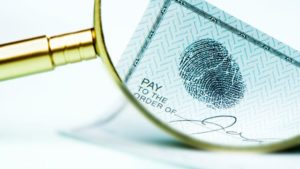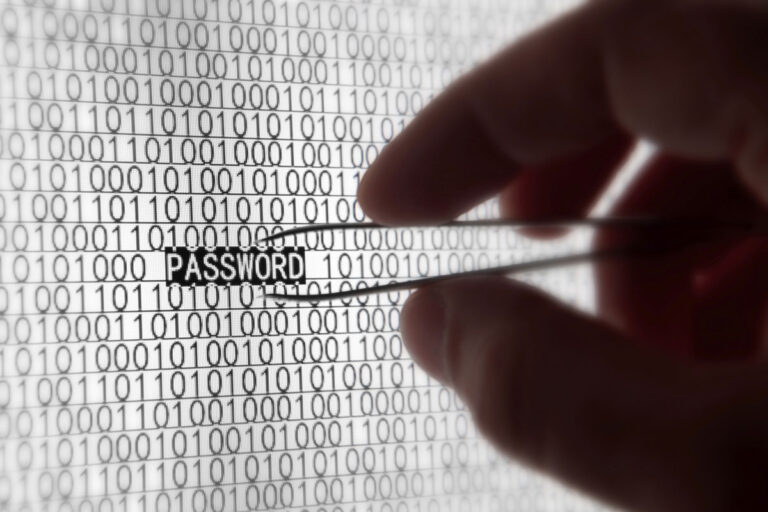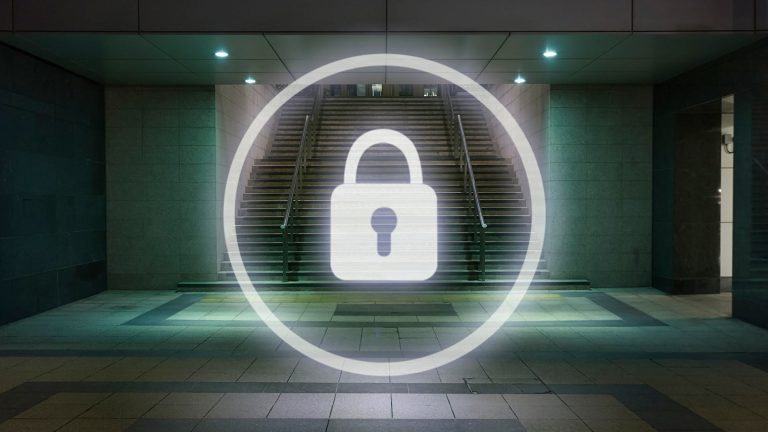Check Fraud: How It Work?
What is Check Fraud

Check Fraud
Check fraud is writing a bad check or otherwise intentionally trying to issue payment that you know will not be cleared by the bank. The main focus of a check fraud charge is on whether or not the fraud was committed with intent. If it can be proven that you accidentally wrote a bad check with no intent to defraud someone, you may be found innocent. However, trying to clear your name could be a long and expensive process. Knowing the types of actions that are classified as check fraud could prevent you from making a costly mistake in the future.
Check Kiting
There is a lag period between when a check is written and when the payment amount is removed from the payer’s account. This lag period is called the “float”. Check kiting is the act of writing a check when you know that you do not currently have the money to cover that check. Sometimes individuals take part in check kiting with the expectation that by the time the check is cashed, there will be available funds in the account. Someone who does this is not intentionally trying to commit fraud but may still be charged with fraud if the check bounces.
Embezzlement
Embezzlement is intentionally trying to defraud someone out of money or goods. An embezzler may write a bad check for a purchase, knowing the check will not clear, and will then attempt to get away with the goods before the merchant notices. Alternatively, an embezzler may intentionally try to deposit a false check into a bank account. During the float period, when the money is available in the account but the check has not been verified by the bank, the perpetrator will withdraw the money and then leave the account.
Facing Fraud Charges
If you have been arrested for fraud, you are potentially facing severe penalties. In the state of Florida, for example, check fraud for any amount above $150 is classified as a felony and is punishable by up to 5 years in prison. Other states have similar felony classifications and penalties. Consider contacting a criminal defense lawyer to help with your case. A criminal defense attorney with expertise in check fraud will examine all the details of your case and look for any positive evidence that can be used to prove your innocence.
How Can We Tackle Check Fraud
There are several ways check fraud is done. It usually means purchasing goods or services and paying with the check that was been stolen from the owner and counterfeited or manipulated. Usually thieves steal the check from the owner, counterfeit owner’s signature and try to use the check for fraudulent purposes. Generally criminals focus on merchants that trade with high-value goods, such as cars. In fact such merchants must be more cautious about accepting checks or banker’s drafts, since they can be stolen or counterfeited and merchants may lose a lot from fraudulent transaction. However as practice shows, such merchant are often deceived due to their negligence.
Criminals often pursue following tactics: they make purchase at the merchant’s store and make a payment through the check or banker’s draft that is of the higher amount than the goods purchased. Criminals assure merchant that the check or banker’s draft will be cleared and ask him/her to transfer excess funds either to their account or to the account of the third person. In fact such a conduct should be alarming for the merchant and should raise a concern that it can be a scam, however in many cases such fraudulent conduct turns to be successful.
In these cases it is extremely difficult to track fraudulent checks in the clearance system. Although banks try to do their best to tackle this kind of fraud, but owner of the check very often does not realize that one of the checks from his/her checkbook has been stolen and moreover money has been withdrawn from the account using the missing check. Sometimes it takes weeks or even month before the fraudulent cash is claimed back.
Since 2007 the banking system through the Check and Credit Clearing Company is amending the ways by which checks are processed. The new system involves the following: in case the fraudulent check is used, merchant retains funds if they are not claimed within six working days with the exception, when merchant voluntarily agrees to give them back, or the merchant is part of the fraud scheme.
Generally banks examine check fraud events case to case, but in most cases if the customer is innocent and just a victim of check theft, he/she is refunded. However if the merchant accepts fraudulent check or check for inflated amount, the merchant is unlikely to get the goods back and he/she is obliged to refund the cash. However after 2007 merchants can be sure that they do not have liability to refund fraudulent cash, if it is not claimed within six working days, unless merchant is part of the fraud scheme.
Despite these changes, banking industry continues to recommend merchants to be cautious about accepting checks; however it seems that these recommendations and actual deeds deeply contradict to each other. On one hand, in the previous scheme merchants were heavily discriminated, since they were the ones who bore all the risk and check owners were the ones, who were not subject to financial loss, despite the possibility that checks could be stolen due to owner’s negligence. The new scheme offers quite a good solution for merchants: if the funds are not claimed in time, then check owner loses them. At the first sight founds fair!
But let us now analyze this situation more deeply. In fact new measures raise moral hazard problem: if merchant knows that after six days fraudulent cash will become his/hers, he/she will have less incentive to control and refrain from suspicious operations, since there is high possibility of retaining these funds. Now let us imagine situation, when a merchant and a thief can find it beneficial to cooperate and can even agree to divide proceeds from the fraud. Why not? Before stealing checks, thieves often gather some information about habits of a victim. If the thief is sure that the person he stole a check from with the high probability will not check his/her bank statement within six days, then the whole operation can turn out to be quite beneficial. This may give rise to the wave of fake transactions, where merchants will be involved.




